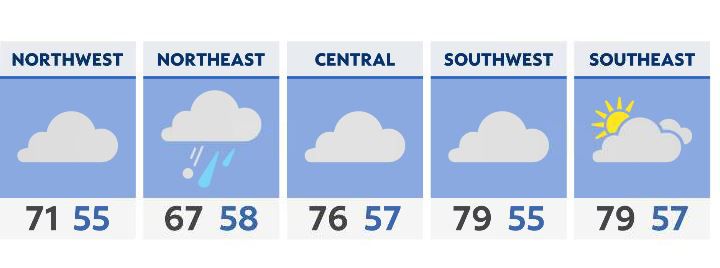The Federal Trade Commission on Monday filed a complaint against Intuit Inc., the company behind popular tax filing software TurboTax, for advertising free tax filing options that allegedly did not apply to the vast majority of the platform’s users.
The FTC’s complaint alleges that TurboTax promoted “free” tax filing options across numerous ad campaigns, including in commercials aired during this year’s Super Bowl and NCAA tournaments. The complaint alleges the ads were “deceiving consumers with bogus advertisements pitching ‘free’ tax filing that millions of consumers could not use.”
The FTC also asked a federal district court to issue an injunction to order Intuit to halt all such advertisements, effective immediately.
“TurboTax is bombarding consumers with ads for ‘free’ tax filing services, and then hitting them with charges when it’s time to file,” Samuel Levine, director of the Bureau of Consumer Protection, wrote in a statement. “We are asking a court to immediately halt this bait-and-switch, and to protect taxpayers at the peak of filing season.”
While TurboTax advertisements made it appear that any filer could do so for free, many who used the service would input financial information just to find they had to pay a fee in order to submit their taxes.
Some individuals – including those who received a 1099 tax form from working in the gig economy or farm workers – were, in fact, not eligible for TurboTax’s free filing option, the FTC alleges.
“In truth, TurboTax is only free for some users, based on the tax forms they need,” the FTC complaint reads in part. “For many others, Intuit tells them, after they have invested time and effort gathering and inputting into TurboTax their sensitive personal and financial information to prepare their tax returns, that they cannot continue for free; they will need to upgrade to a paid TurboTax service to complete and file their taxes.”
According to Intuit, which also owns Quickbooks, Mint, Credit Karma, and Mailchimp, around 17 million individuals used TurboTax’s free filing tool in 2021. The company said it plans to “vigorously challenge” the FTC filing, noting that the commissions vote to file suit was not unanimous.
“The FTC’s arguments are simply not credible. Far from steering taxpayers away from free tax preparation offerings, our free advertising campaigns have led to more Americans filing their taxes for free than ever before and have been central to raising awareness of free tax prep,” Kerry McLean, executive vice president and general counsel of Intuit, wrote in a statement. “While it is disappointing that the FTC chose to file this lawsuit, we look forward to presenting the facts in court and are confident in the merits of our position.”
Intuit previously allowed low-income taxpayers to file through the federal IRS Free File at no cost, but left the program in 2021. Many of the filers who would have used that program were prompted to pay money when filing on TurboTax, per the FTC.
The FTC also alleges that TurboTax’s multiple name changes for its free filing program – from “freemium” to “TurboTax Free Edition” to the “Federal Free Edition” – may have also confused consumers and made them pay for unnecessary services.




